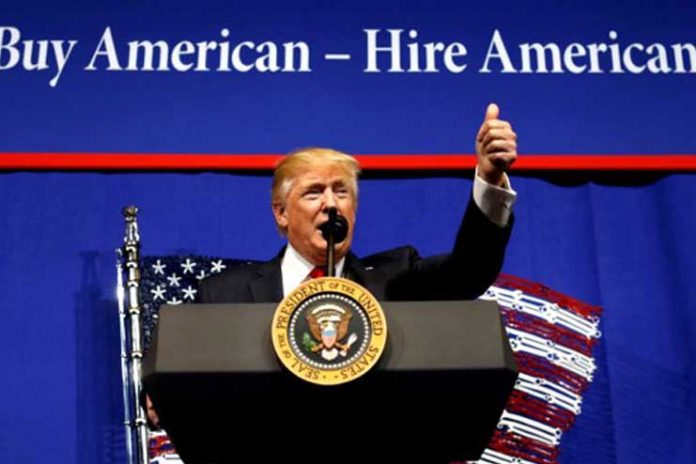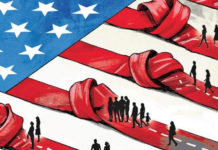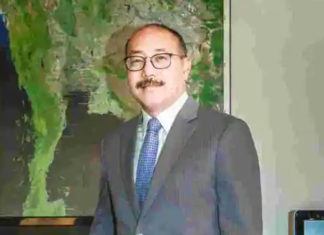The United States President Donald Trump’s move to forbid spouses of high-skill visa holders from being on the job will possibly push 100,000 people unemployed and negatively affect the visa holders and their employers, according to a new research study.
The Trump Administration has been tightening the regulations for H-1B visas, which let abroad workers to take jobs in the U.S. for several years, and plans to revoke the ability of spouses to work as part of the attempt. In that context, the two researchers set out to study the implications of such a policy change, Christopher J. L. Cunningham of the University of Tennessee at Chattanooga and Pooja B. Vijayakumar from the Kemmy Business School at the University of Limerick.
From the study, they found that such a displacement would probably isolate spouses socially, raise domestic hostility and strain the family’s financial resources. It would also probably weakened the visa holder’s satisfaction and increase the peril that they proceed in a foreign posting. The cost of failed expatriate assignments ranges from $250,000 to $1 million, in addition to indirect costs, the study stated.
“Policy changes like the one being considered for America are often made in the absence of complete information that might help policymakers better understand the true breadth of likely consequences,” the study said.
In 2015, the U.S. began permitting spouses of H-1B visa holders to work, under the preceding Obama Administration. The authors, for the researchers studied the experiences of H-1B families in 2014. They interacted with 1,800 Indian exiles to take part in the research and the concluding sample consisted of 416.
The work visa programs were primitively designed, which date back to 1952, to allow the U.S. companies to employ workers from overseas temporarily when could not find eligible Americans.
The researchers said that a reinstated ban likely “will be more critical and difficult for expatriate families than what was experienced in 2014, as many of these individuals who were temporarily benefited by the previous presidential administration’s immigration policies may have, in this time, bought a home or started their own businesses.”
By Sowmya Sangam















































